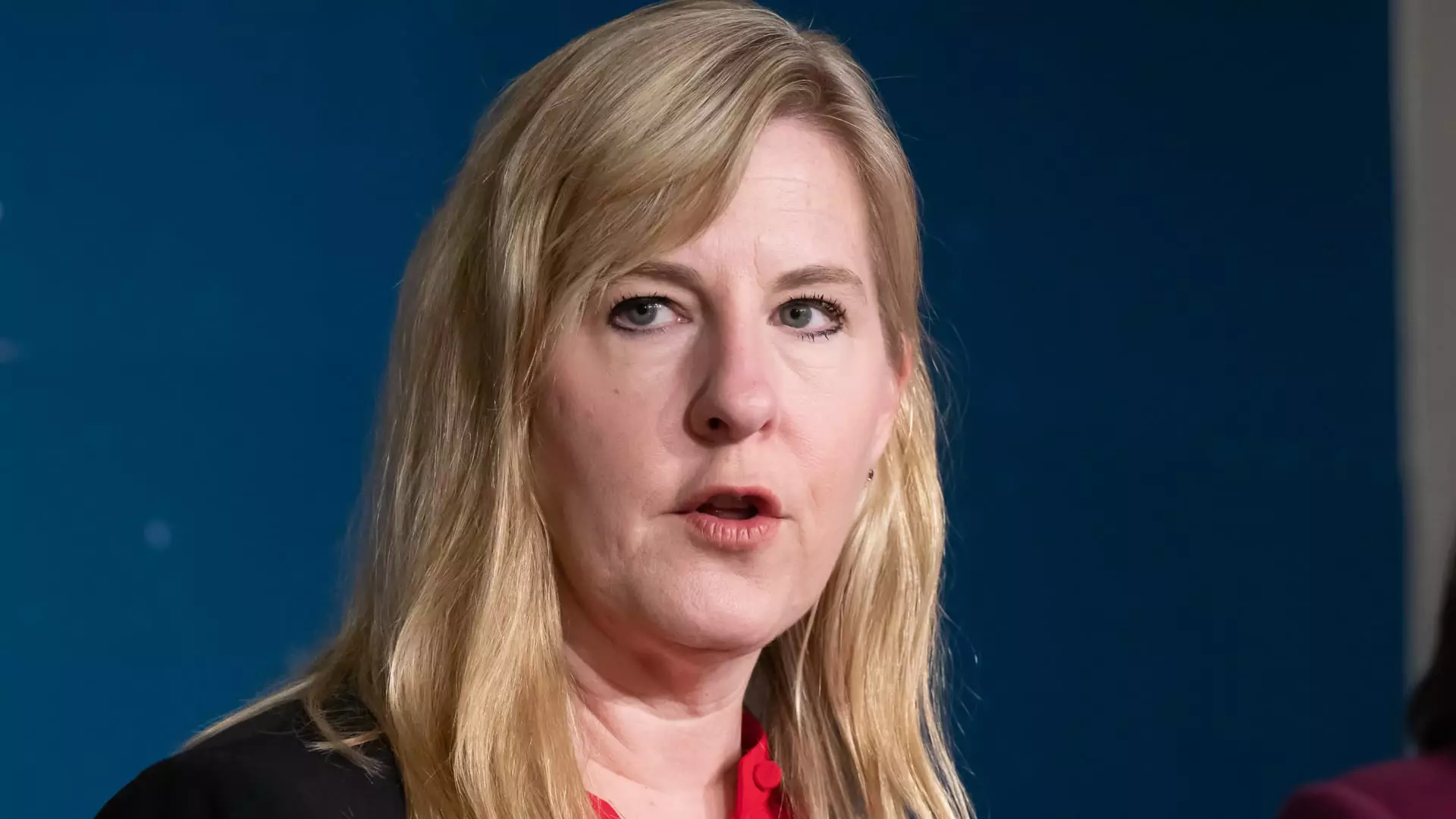In a horrifying act of brutality, former Minnesota House Speaker Melissa Hortman and her husband, Mark, were gunned down in what has been labeled a “politically motivated assassination.” This deep-seated violence not only claims lives but threatens the very foundation of American democracy. Governor Tim Walz’s expression of personal loss—”Our state lost a great leader and I lost the dearest of friends”—echoes an agony that transcends mere political rivalry. The assassination of a well-respected figure in Minnesota politics is a stark reminder of a growing malevolence that continues to loom over the political landscape in our country.
Hortman served as a beacon of hope, representing progressive ideals and unwavering commitment in the state legislature. Her murder is not just a personal tragedy; it is a collective wound that many of us feel as citizens vested in a democracy that should guarantee safety and respect for its public officials. The promise of leadership, however, now stands tarnished against the backdrop of violence. And as the details of this unnerving event unfold, an unapologetic anger stirs among those who believed in her cause and role as a compassionate leader.
The Assault Not Just on Individuals, But on Democracy Itself
The broader implications of this tragedy hit even harder when we learn that Senator John Hoffman and his wife were also violently attacked but, remarkably, have survived. What does it mean when lawmakers—individuals who advocate for the common good—must face urgent threats to their lives? We can no longer ignore the fact that politically motivated violence is not merely a fringe occurrence; it has become an insidious threat that could embolden extremists and instigate a culture of fear within the political sphere.
Governor Walz’s cautionary advice to avoid protests that seem to overlap with the current political climate accentuates how deeply our normalities have fractured. The state capitol, once a venue for discussion and debate, has turned into a possible hunting ground. The mere fact that the perpetrator was disguised as a police officer underscores a preposterous disregard for law and order. It leaves us contemplating: when does political discourse descend into barbarism?
At its heart, this is not merely about the tragic loss of two promising lives but rather a clarion call to action. As the FBI and local law enforcement pursue the suspect, it begs the question: how many more lives must be sacrificed before society recognizes the dangers of political extremism? What measures are we prepared to take, or have we simply become numb to the violence that permeates the corridors of power?
The Call for Unity: A Lesson from Tragedy
It is striking that officials across the political spectrum—including President Trump—have issued statements condemning this violence. But let’s be clear: such rhetoric rings hollow without meaningful action. We cannot afford to merely express outrage; we must rally to create a community that staunchly dismisses violence as a tool for political leverage. It is baffling that, as public figures issue pleas for justice, the very electorate they serve seems increasingly fragmented with distrust and polarization.
The Democratic National Committee chair’s remarks about “senseless violence” reflect a deeply troubling trend that threatens to spiral out of control. “These heinous murders are a reflection of the extremism and political violence that have been fomented in our country,” Ken Martin astutely noted. Each of us must reflect on our role in this narrative. Are we contributors to a culture of discord or advocates for a unified stance against violence?
As thousands prepare for nationwide protests like “No Kings Day,” we face a pivotal moment. Will we take these tragedies as rallying points for solidarity, or will they devolve into more reasons to deepen our divides? The responsibility lies with every one of us as citizens—insisting that our elected officials work in an environment free from the looming threat of violence.
In a time characterized by angry partisanship, the events in Minnesota call us not just to mourn, but to awaken and to unite against a tide of hatred that seeks to engulf not merely individuals, but the very essence of democratic governance.

Leave a Reply